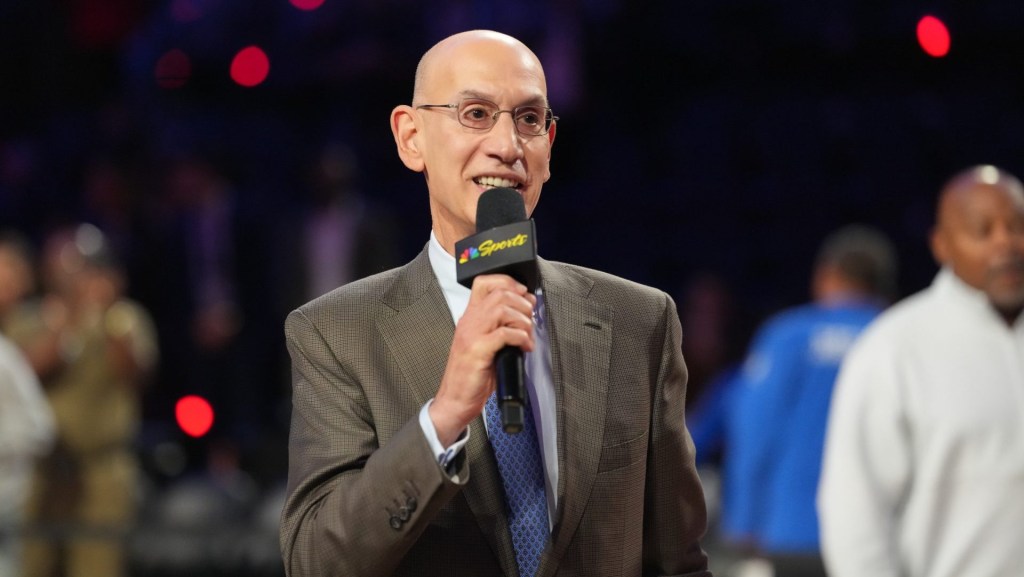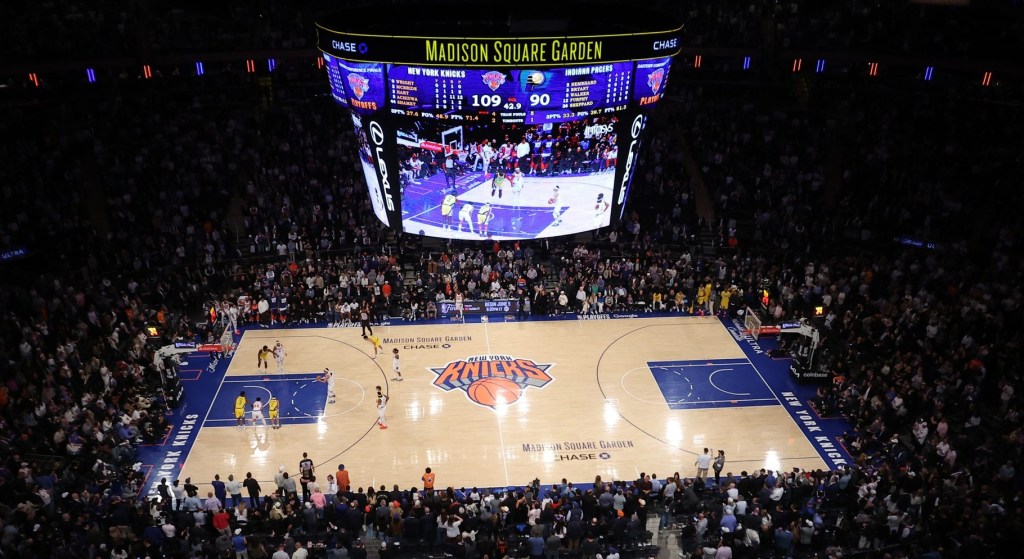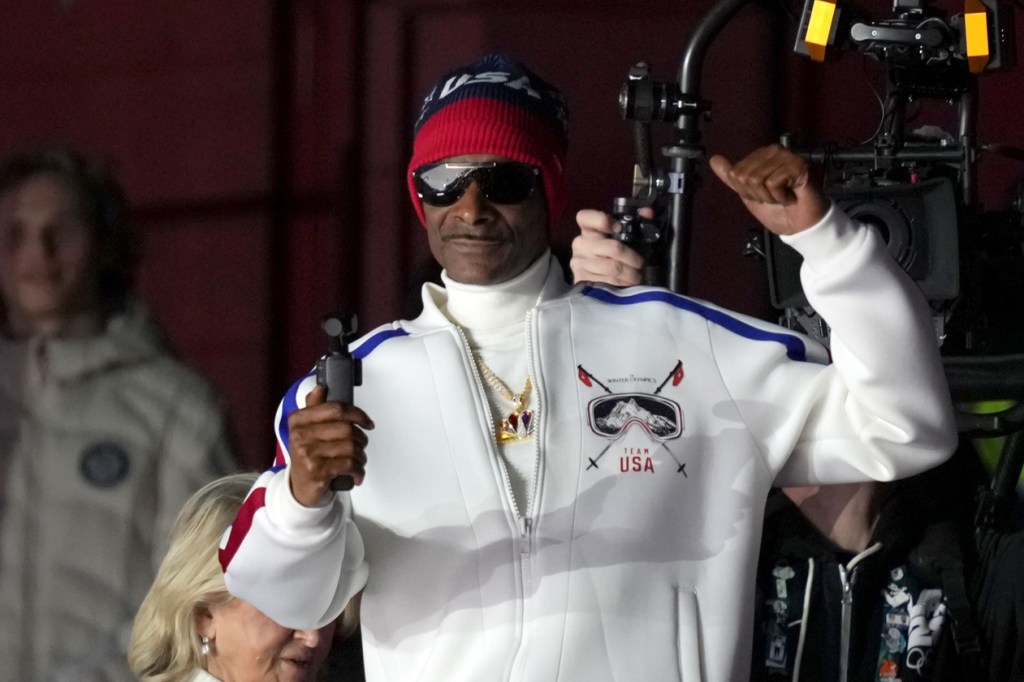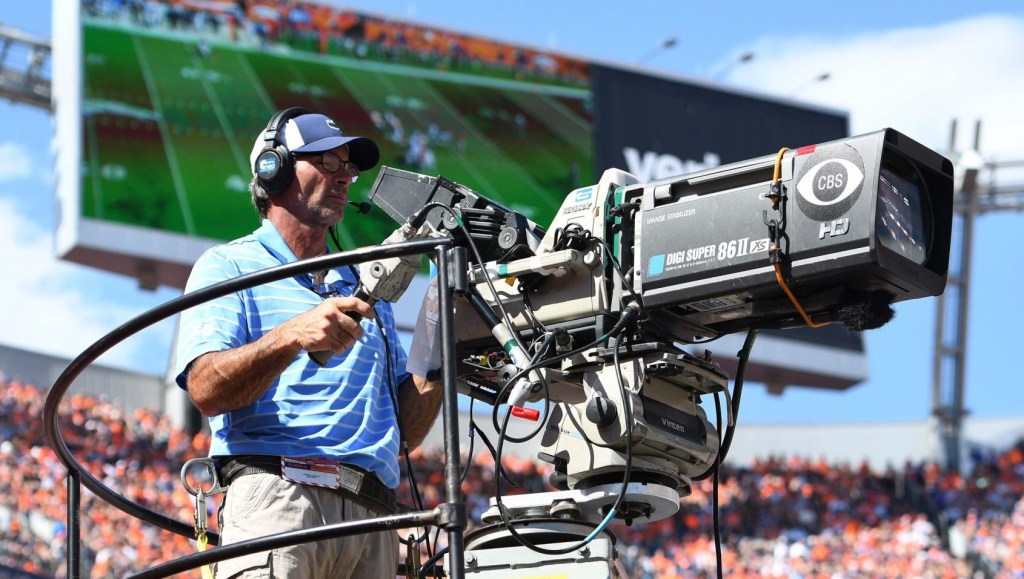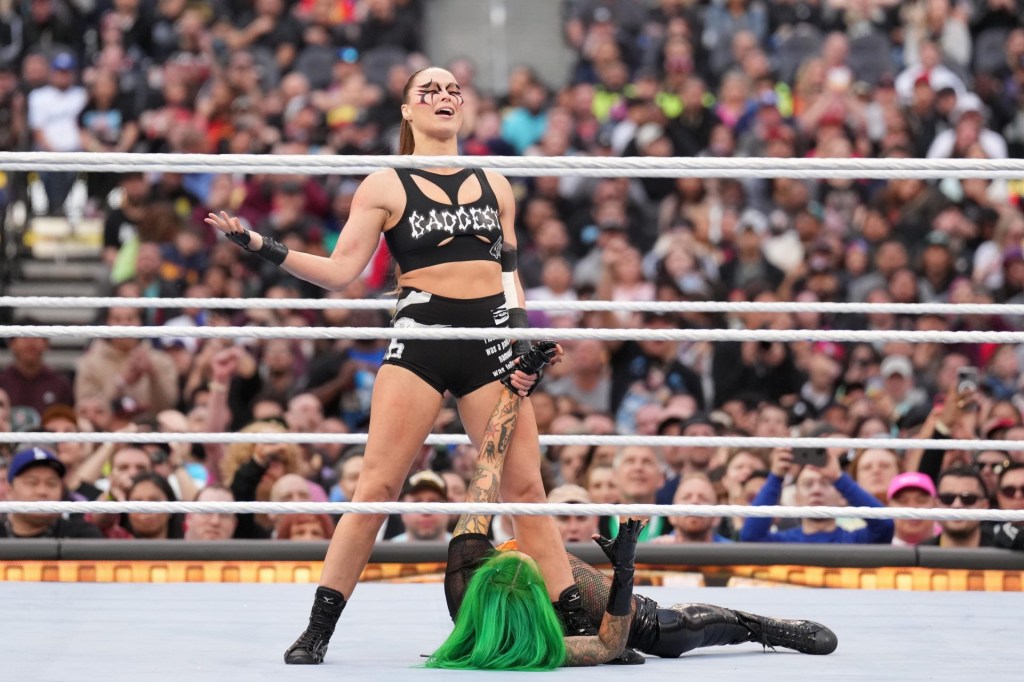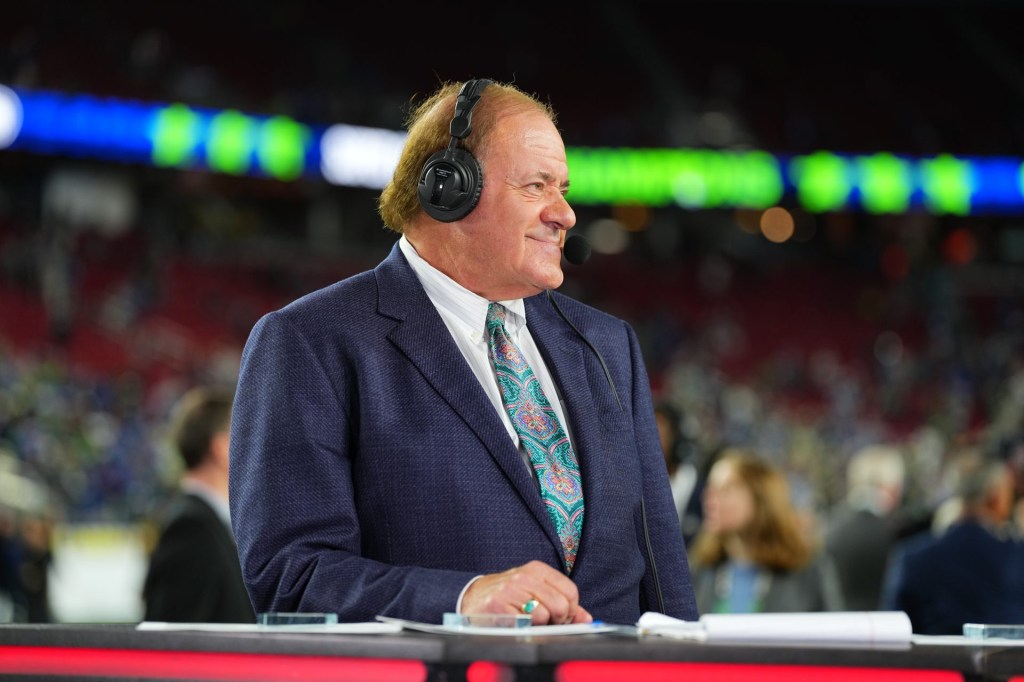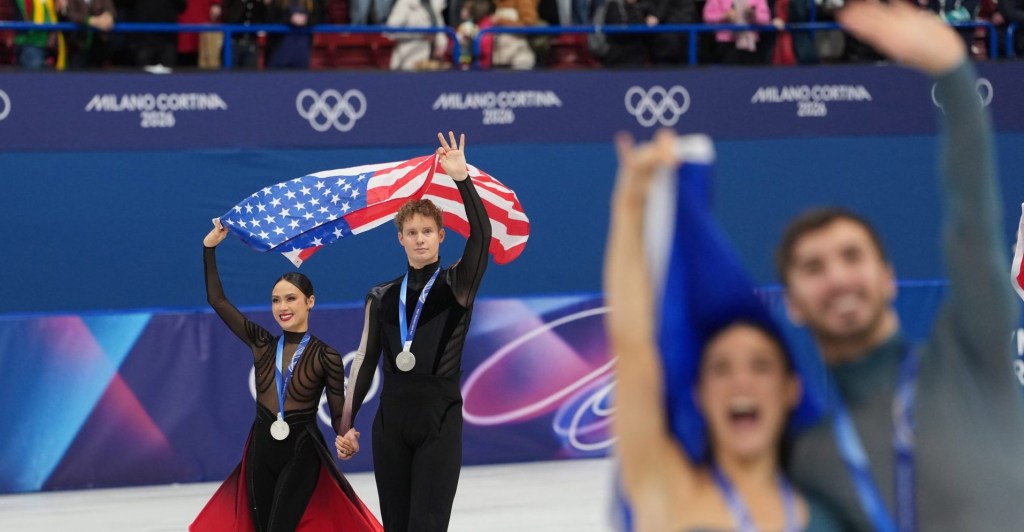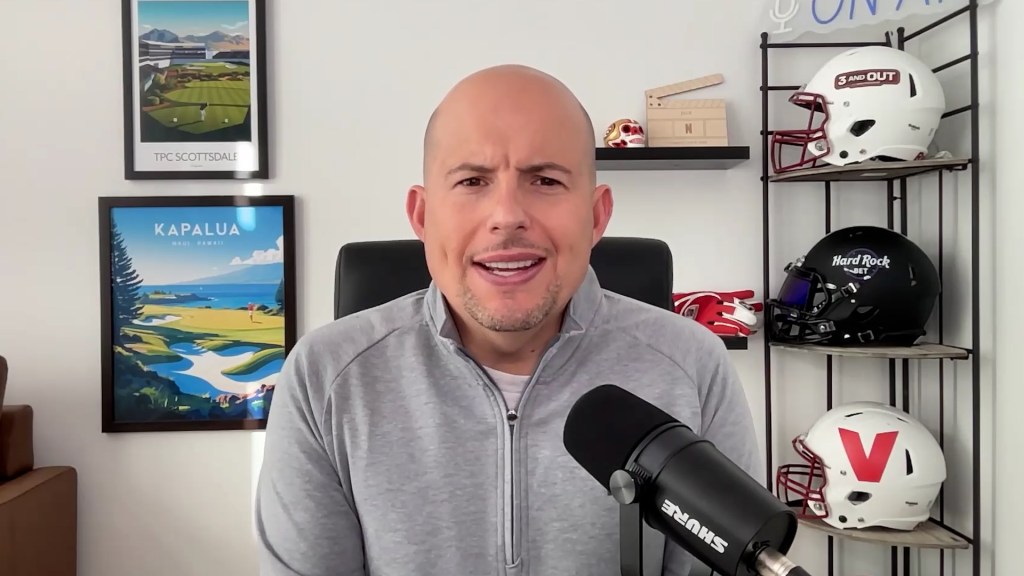Twitter quietly rolled out a new policy for fan and parody accounts, aiming to clearly distinguish parody, commentary, and fan accounts from the real deal. One of the most popular sports parody accounts jokingly took credit for X’s promised crackdown on these parody accounts.
NBA Centel, a spoof of NBA Central —which parodies NBA Central, a pro basketball news account with 1.8 million followers—has long disclosed the account is a parody in its profile, essentially called X’s new policy “The Centel Rule.”
That tweet from over the weekend has more than five million views, even as not much is known about how X will enforce its new policy that went live on the company’s website two weeks ago. In settings, there’s now an option to designate your account as a parody.
“I’m cool with it,” Centel told Front Office Sports when asked about the addition of the parody label.
While the option to enable a PCF label is live, the actual badges don’t appear to be as of Tuesday morning.
NBA Centel didn’t have the badge at the time of publication. The fake NFL insider Wesley Steinberg, another account FOS has profiled previously, also does not have a parody badge and still doesn’t state in its profile that the “news” it conveys is totally made up. None of the dozens of accounts purporting to be NBA insider Shams Charania reviewed by FOS have the new parody badge (and most don’t have “parody” in their profiles).
Meanwhile, Bluesky—which has grown to 24 million users, many seeking an alternative to X—is working on its own impersonation policy and “quadrupled the size” of its moderation team, the company said.
“Parody, satire, or fan accounts are allowed on Bluesky, but they must clearly label themselves in both the display name and bio to help others know the account isn’t official,” Bluesky posted on its official safety account. “Accounts with only one of these elements will receive an impersonation label.”
If X enforces its new policy, it would be the most notable step it has taken to limit the spread of fake news since Elon Musk purchased the site two years ago, fired about 80% of staff, and changed the name from Twitter to X.
“Accounts may depict another entity as long as they clearly distinguish themselves in their account name and bio,” the new X policy states. “Both should clearly indicate the account is not affiliated with the subject portrayed in the profile. Accounts can indicate this by incorporating words such as, but not limited to, ‘parody,’ ‘fake,’ ‘fan,’ or ‘commentary.’ This language should be stated in a way that can be understood by any audience and should not be contradicted by other affiliation terminology such as ‘official.’”
Among the consequences of violating the new PCF policy include restricting reach, loss of access to features, and suspension.
X did not respond to a request for comment.
Parody accounts have been part of Twitter since the social network launched in 2006 and a verification system was developed after Hall of Fame manager Tony La Russa sued the company for trademark infringement, misappropriation of his name/likeness, and invasion of privacy in 2009.
La Russa, who took issue with an account pretending to be him that made light of his DUI arrest years earlier, dropped the lawsuit after Twitter announced it would develop a verification system.
For more than a decade, Twitter users became accustomed to seeing a blue check mark that noted celebrities, politicians, journalists, and other prominent figures were indeed who they say they are.
That system was undone by Musk last year when he moved to strip legacy check marks and make them available to anyone who wanted to pay $8 a month for X Premium. That decision spawned several new impersonator accounts with check marks, which was exacerbated by the rollout of the current monetization scheme that rewards those accounts for outlandish and false posts that are paid for engagement.



